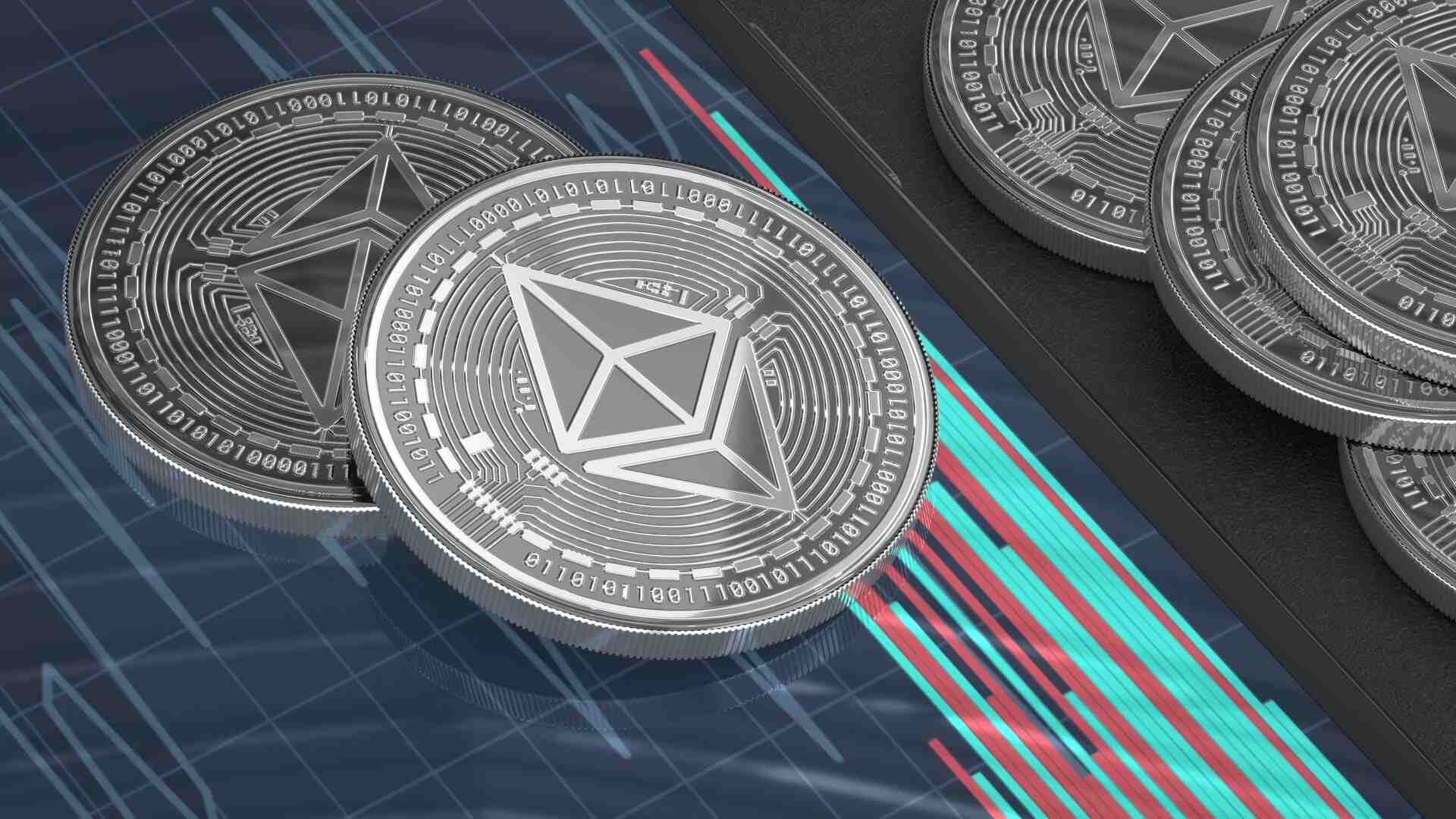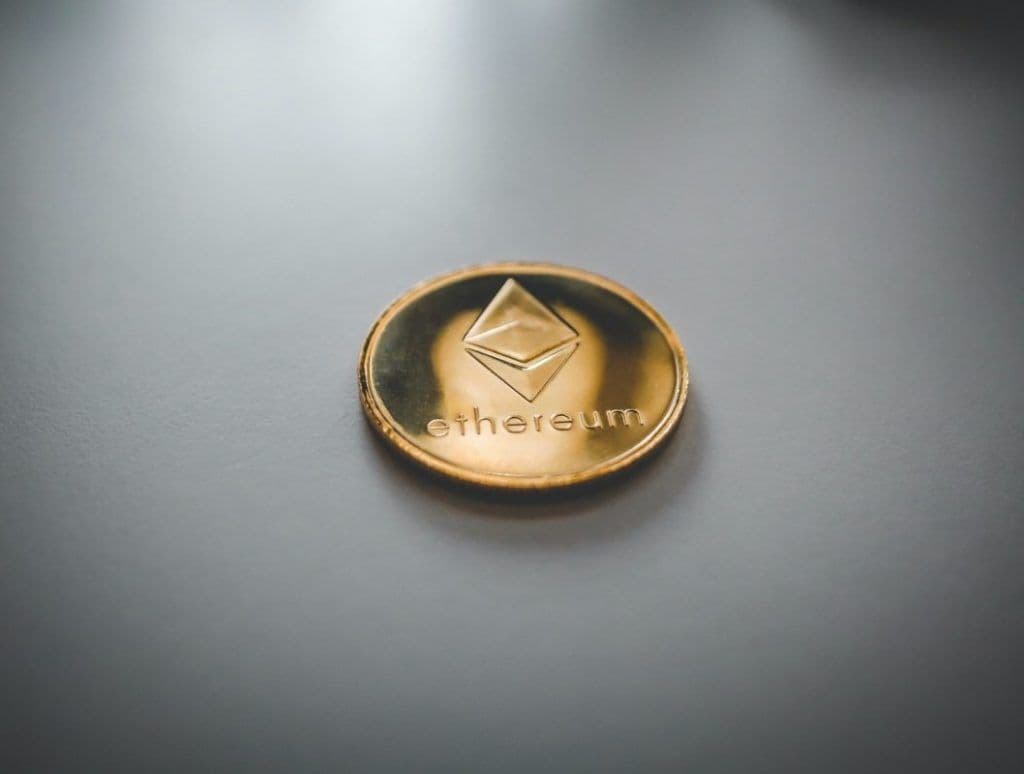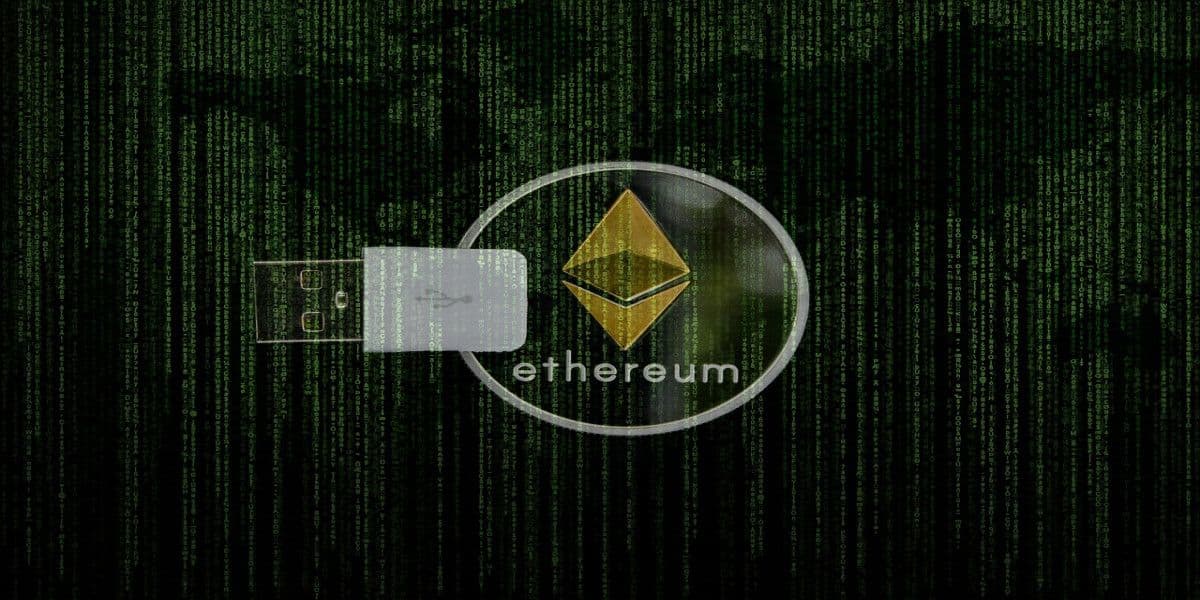What are Smart Contracts? An Easy to Understand Guide
Smart contracts were first introduced in 1994 by Nick Szabo, an American computer scientist who created a digital currency called "Bit Gold" in 1998.

Smart contracts are an understanding between two parties or people in the form of computer language or code. Smart contracts work on the blockchain, a digital ledger in which transactions performed in a cryptocurrency are written step by step and publicly.
In other words, smart contracts are lines of code that are saved on a blockchain and fulfilled when defined rules are satisfied. They are codes that work as they’ve been written to operate by the people who produced them. The advantages of smart contracts are most visible in businesses in which they are typically utilized to implement some sort of protocol so that all associates can be certain of the result without a mediator’s association.
Who invented smart contracts?
Nick Szabo is the one who discovered, developed and designed smart contracts. Smart contracts were first introduced in 1994 by Nick Szabo, an American computer scientist who created a digital currency called “Bit Gold” in 1998, completely 10 years ere the discovery of Bitcoin. In fact, Szabo is frequently rumored to be the original Satoshi Nakamoto, the anonymous architect of Bitcoin, which he has discarded.
How smart contracts work?
The simplest method to describe what a smart contract does is through an example: Purchasing a vehicle at a dealership. There are numerous steps and it can be a tedious method. If can’t pay for the vehicle completely, people have to take a vehicle loan or financing. This will need a credit score and the people have to fill out many forms with their personal data to confirm their identity. They will also have to communicate with various different people such as the salesman, finance broker, and banker. To pay for their service, different charges and fees are included to the base price of the vehicle.
Smart contracts on blockchain can make this complicated process that includes various mediators because of a lack of security between members in the transaction very simple. If the identity is saved on a blockchain then banks can immediately make an arrangement about credit. Then, a smart contract would be generated between a bank, the dealer and the lender so that once the funds have been issued to the dealer, the lender will possess the vehicle’s right and payment will be started based on the accepted terms. The transfer of possession would be programmed as the transaction gets written to a blockchain, is shared between the members and can be reviewed at any time.
The Advantages of Smart Contracts
Following are the advantages of smart contracts:
Speed and efficiency: Smart contracts are computerized and they take less time for processing paperwork or arranging and fixing the mistakes that are often drafted into documents that have been filled manually. The computer program is also more accurate than the traditional contracts.
Security: Blockchain transaction records are encrypted and very difficult to hack. Because each particular record is correlated to prior and succeeding records on a distributed ledger, the entire chain would require to be modified to develop a single record.
Assurance: Smart contracts implicitly perform transactions because of predefined practices, and the encrypted credentials of those transactions are distributed across members. Thus, no one has to examine whether data has been modified for personal interest.
These days, smart contracts are principally linked with cryptocurrencies. This is because decentralized cryptocurrency rules are actually smart contracts with decentralized defense and encryption. They are broadly accepted in most of the currently existing cryptocurrency systems and are the leading and one of the most hyped characteristics of Ethereum.
Smart contracts are a remarkably exceptional technology. Despite having a lot of hope, it is still can be inclined to quandaries. For example, the code that delivers the contract has to be accurate and should not contain flaws. This can lead to errors and, sometimes, to such flaws being exploited by hackers. A few days ago, The U.S. Commodity Futures Trading Commissioner had warned smart contract coders over the predictive code. CFTC is a self-governing agency of the US government founded in 1974 that monitors prospects and alternatives markets.
In his remarks, he had said that smart contracts are manageable, hence developers can modify them to foretell approaching results. Smart contracts are nearly boundless in their applicability to the amount they can even be utilized to replicate traditional financial instruments. He further went on to say that the core developers designed a code upon which any number of applications can operate and therefore it is illogical to hold them responsible for every succeeding application that utilizes their technology, without additional proof of understanding or purpose. They may not even be informed that this singular type of smart contract has been implemented.
Follow us on Twitter, Facebook, Steemit, and join our Telegram channel for the latest blockchain and cryptocurrency news.





























